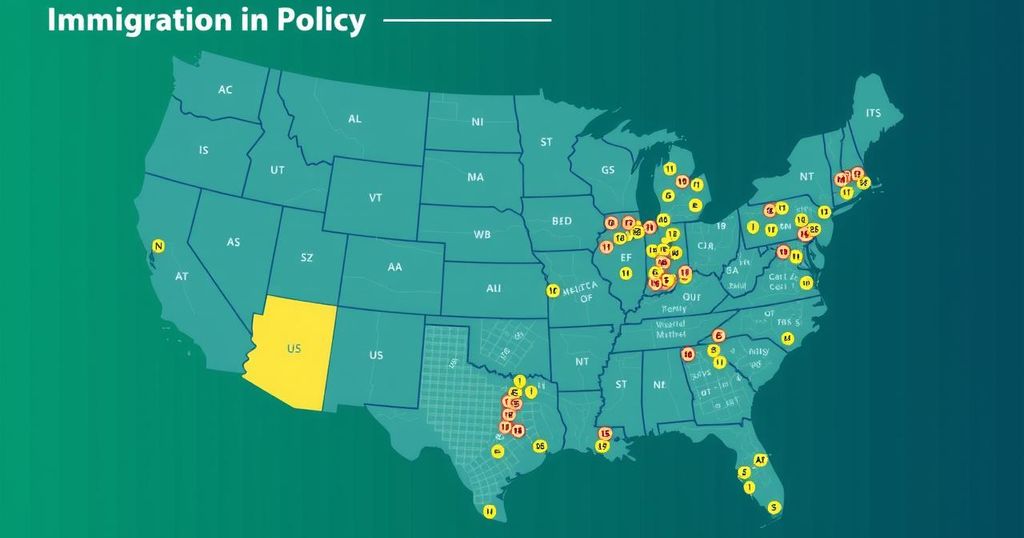Donald Trump’s plan for mass deportations is set to unfold as a day one priority in his new term, but economists warn that this initiative could trigger significant negative impacts on the U.S. economy. From labor shortages in crucial industries to potential downturns in GDP and local business revenues, the implications of removing millions of undocumented workers are far-reaching, raising serious concerns about the feasibility and consequences of such a drastic approach to immigration policy.
As Donald Trump readies for his second term, the specter of mass deportations looms large, promising to be a major priority from day one. However, this draconian measure, aimed at undocumented immigrants, may set off a chain reaction detrimental to the U.S. economy, according to Northeastern University economists. By targeting millions of undocumented workers, Trump’s plan is poised to create labor shortages in critical sectors, like construction and child care, revealing an uncomfortable truth about dependence on these essential yet overlooked workers.
The sheer scale of mass deportation is staggering, with estimates suggesting around 11 million undocumented immigrants residing in the U.S. Such aggressive policies could burden the economy with enormous costs. Experts note that while Trump frames this initiative as a boon to American workers, historical evidence suggests otherwise. The impact of past deportations shows that removing a large workforce can have widespread negative ramifications.
Key sectors, particularly in service and labor-intensive industries, depend heavily on undocumented immigrants. Shantanu Khanna, an assistant professor of economics at Northeastern, observes that despite claims of protecting jobs for native workers, the fallout from mass removals will negate any perceived benefit. To illustrate, if a construction site loses its undocumented workforce, it not only affects those jobs but also the supervisors and the economic ecosystem surrounding these roles.
Furthermore, Madhavi Venkatesan highlights a deeper issue, stating that such deportation policies shine a stark light on systemic exploitation. The absence of these vulnerable workers could ripple through local economies, as fewer people patronize restaurants and shops, leading to a significant dip in GDP. This domino effect may swiftly transform a stable growth rate into a recession. The economic landscape is already fragile, and with Trump’s proposed tariffs compounding the situation, the United States could be on the cusp of experiencing a downturn in economic health.
The article delves into the potential ramifications of Donald Trump’s promise to implement mass deportations as his administration’s immediate priority. Given the controversial nature of Trump’s immigration policies and their historical context, the discussions presented articulate the views of economists who highlight the unintended consequences that such a drastic action could have on the labor market and the broader U.S. economy. Amidst rising concerns of migration patterns and labor demand, the spotlight is on how many essential services rely on the undocumented workforce and what their removal would mean for American society.
In concluding the analysis, mass deportations championed by Trump promise to disrupt the labor market and could herald an economic downturn. Though intended to protect American jobs, the retribution exacted upon key service sectors will likely expose vulnerabilities in the U.S. economy. As local economies brace for the aftershocks of such policies, there’s a pressing need for a more nuanced consideration of immigration that balances labor demands with humane practices. The interdependency of the economy on these workers underscores the complexity of Trump’s proposed measures and their potential fallout.
Original Source: news.northeastern.edu



